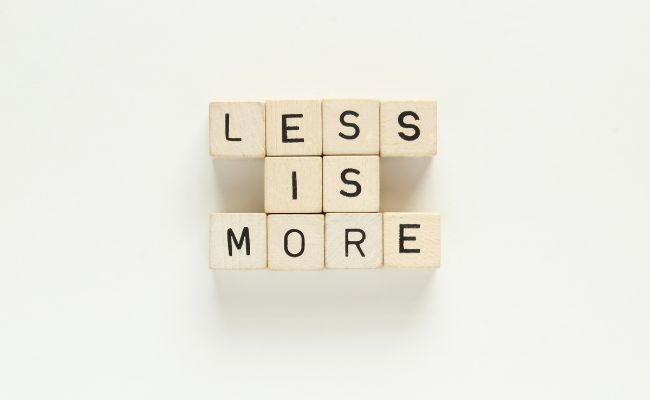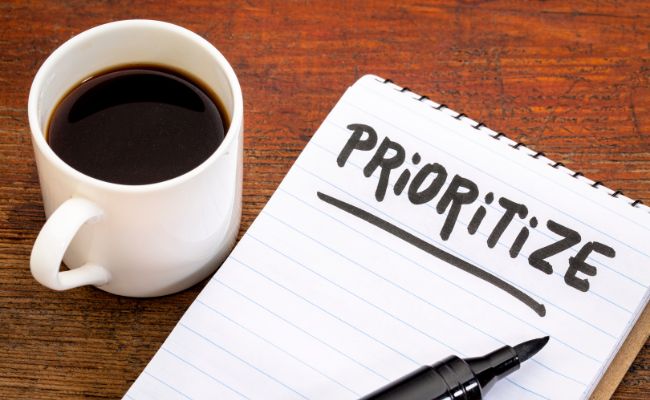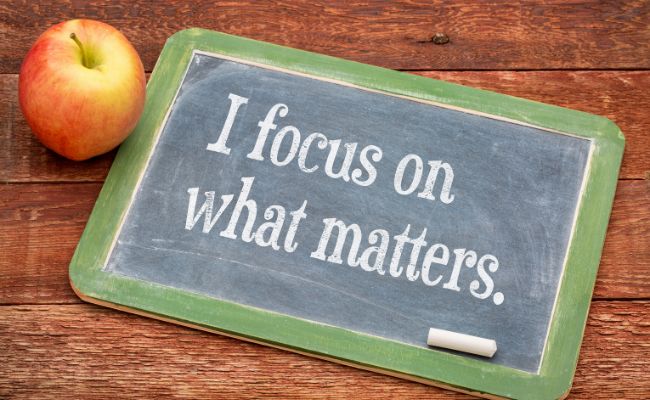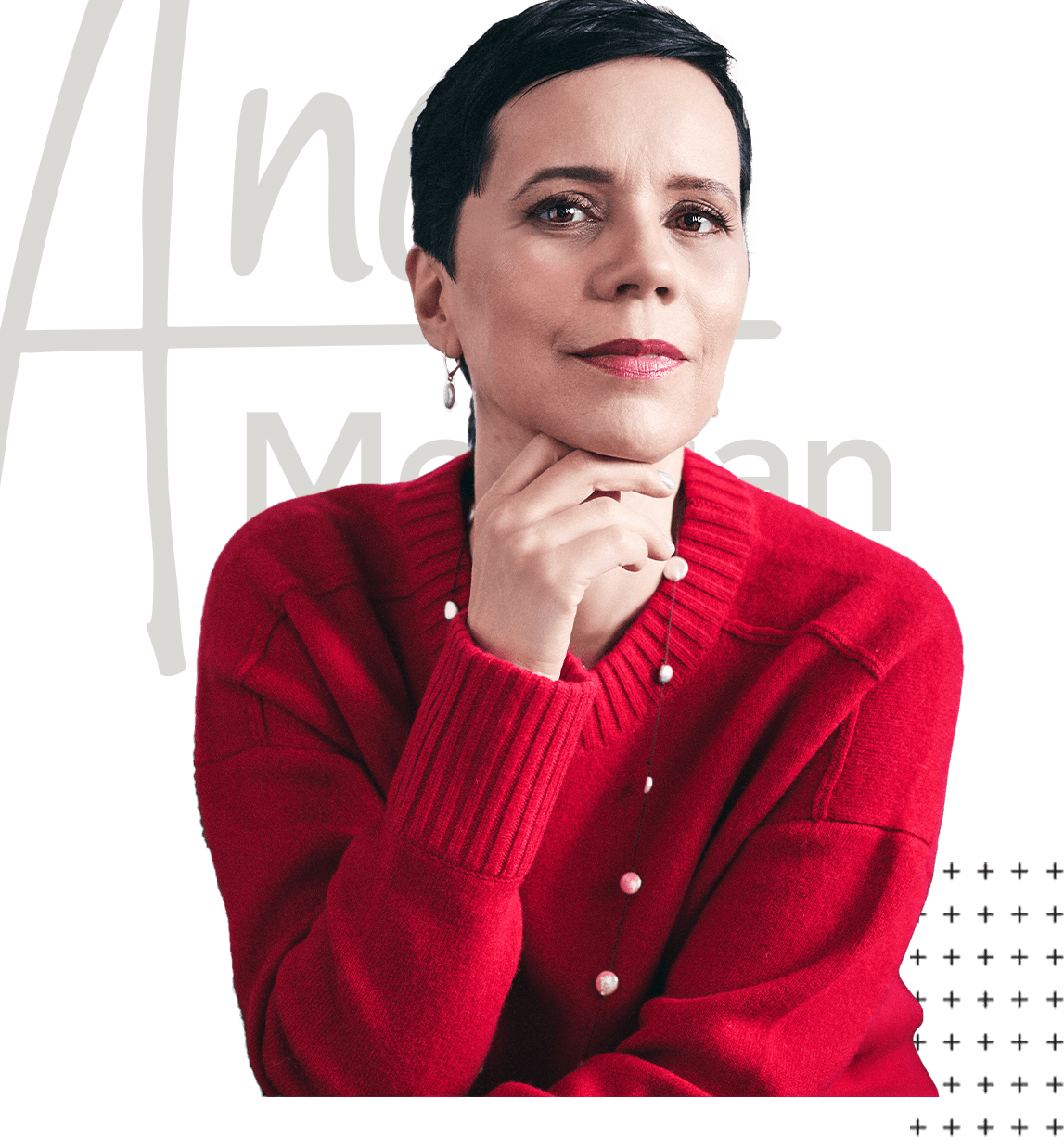Essentialism and the Power of Prioritization with Greg McKeown
“There's only really two kinds of people. The first type of people are people who are lost, and the second kind of people are the people who know they are lost.” – Greg McKeown
I had the opportunity to sit down with Greg McKeown, CEO of McKeown Inc., and bestselling author of Essentialism: The Disciplined Pursuit of Less.
We discuss:
- Essentialism and hearing through the noise of daily life
- The power of prioritization
- The key distinction between the non-essentialist and the essentialist
Essentialism and hearing through the noise of daily life

Greg pitches essentialism as the antidote to one of the most severe problems of our times—the undisciplined pursuit of more. In an age of overwhelming amounts of information, opinions, and perspectives, making a point to develop a disciplined pursuit of less is an almost radical difference in today’s world.
“In the past, we said keeping up with the Joneses, now the ‘Joneses’ are 1,000 times more people.” Greg points out, “Social media is constant inputs from every direction. We are feeling the comparison, and even the judgment, from far, far more people than we ever have before.”
Social pressure has a way of drowning out the voice inside us that says, “This is the right thing to do. This is the essential thing to do.” When that pressure comes from thousands of people, it’s nearly impossible to discern what is important and what is superfluous.
“Mobile phones and email on the phone are not the same things.” Greg shares, “As soon as you have an email on your phone, it changes even the technology of email. And here's why. Because when you have email on your desktop computer, it's still powerful, and it can still distract. But at least we can do the work people are asking us to do.”
So many of the tasks people email us about we have no power to handle at the moment if on mobile. All we do is learn about a pending to-do and start to stew over it, distracting us from whatever we were focusing on before we opened our email app.
“Suddenly, we're constantly aware of all these things that someone is expecting of us that we cannot do anything about right now. It increases the sense of perpetual stress that people are in.” Greg continues. “If you don't prioritize your life, someone else will.”
More often than not, it's not a problem of focus, it’s a problem of not focusing on the critical aspects of our lives, the things that are dearly important for what we want to achieve.
“In this undisciplined pursuit of more, we don't even have the space to think and to discern between the vital few and the trivial many.” Greg points out, “If people want to do one thing to live a more essential life, the number one thing I would recommend is that they hold a personal quarterly audit offsite.”
Doing an internal review of what is most important to you is only one step towards essentialist living—as Greg explains, “Becoming an essentialist is not an event. It's a process.” However, this practice can prove monumental to structuring your life.
Figure out what is essential to you. What trade-offs are you making every day? What sacrifices are you willing to make to get the life you want?
The power of prioritization

When we audit our priorities, we create positive momentum for a life more aligned with our goals, passions, and connections.
“We think of this as a risky journey, where people make better trade-offs, small wins, long hours in grappling with those priorities, constant vulnerability, and brutal honesty.” Greg explains, “The likelihood of beings being the same after they're done is doubtful. But there's the chance of a glorious breakthrough if successful.”
The true power of prioritization lies in small changes, some as simple as taking the time to breathe deeply between meetings and creating increments of intentionality.
“If we haven't changed something in our daily routine, then we haven't really changed anything.” Greg points out, “It’s making these small daily changes that can help us eventually live as an essentialist.”
If we’re saying yes to every ask, inquiry, and demand on our time—what are we giving up?
“We start saying yes to everyone and everything without thinking about it. And what that produces is stress going up, and the quality of work going down.” Greg continues.
What if we took a different approach? What if we became almost absurdly selective about what we give our time to and stuck to our priorities?
For one such employee in correspondence with Greg, the effect was revolutionary. He became selective with his commitments and found by the end of several months of this, his performance evaluations had gone up. He ended that year with one of the most significant bonuses of his whole career. And he also had time each night to eat dinner with his wife and go to the gym.
“You can either do many things averagely well or a few things superbly well. And by doing a few things very well, we're more likely to break through to the next level of success, personally and professionally.” Greg explains.
“Every day, we need to make a list of the top six things we think are the most important. And we might have to first make a list of everything on our mind, get it all out.” Greg suggests. “But then out of that list, say, ‘look, what are the six things that are really important to me?’ and then you put them in priority order.”
- Discern your top six priorities out of that master list—rank them
- Cross out the bottom five
- Keep that top priority visible–on a post-it note, a whiteboard, etc.
- Schedule the first 90 minutes of your day for working on that top priority
The key distinction between the non-essentialist and the essentialist

What do you think distinguishes a non-essentialist from an essentialist? Now, don’t think of non-essentialism as a bad word. We all are or have been non-essentialists. It’s not a shame-faced status but rather a stop along the way to intentional living. The only way this becomes negative is if we stay rooted in one spot.
“There are only really two kinds of people. The first type of people are people who are lost, and the second kind of people are the people who know they are lost.” Greg explains, “The only thing worse than being distracted all the time is not being distracted all the time and suddenly admitting, ‘oh my goodness, I'm lost. And I don't want to admit that. So I'm just going to keep being busy.’”
We try to numb ourselves to the truth of our wandering, drowning out the daunting reality of not knowing what to do. We keep doing the next thing, the next thing, and so on, unable to confront what we’re distracting ourselves from.
“That's the non-essentialist. The essentialist also feels lost, but they admit it, they know it.” Greg continues, “And what that means is immediately they know what to do. As soon as you admit you are lost, you're not lost anymore.”
The next step is to ask yourself the critical questions: What is essential, and what really matters? If I could only do one thing today, what would it be? What's most important now is always figuring out what's most important.
Greg suggests keeping a notebook and writing five things where you made a trade-off that you’re proud of. Even little things, like putting our phones down and spending ten minutes with a loved one instead. As we document these small victories daily, we create a log of successful essentialism.
“We all have things we could beat ourselves up about—this is unhelpful. But if we celebrate the things where we get it right, literally writing down, ‘I'm thankful I gave up this less important thing to do XYZ.’ you’ll realize you have a lot more choices than you think.” Greg continues.
Here's a recap of Greg’s advice for cultivating essentialism:
- Take the time to pause and breathe deeply throughout the day
- Ask yourself what is essential
- Write out your top 6 priorities and post the top one somewhere visible
- Dedicate the first 90 minutes of your day to that priority
- Keep a journal at the end of every day and fill it with successful trade-offs
- Celebrate the small victories
“This is a life journey. Essentialism is not one more thing, this is a long journey, to become something you weren't before. And so we've got to be very patient with that journey. This isn't a quick fix, it's not something that you can do in a week, in a month, in a year, even. It's an ongoing journey.” Greg emphasizes.
What is essential to you? What is a small time sacrifice you could make today that will support cultivating essentialism?
Be sure to check out Greg’s full episode for more insights and actionables for essentialism, and learn more through reading Essentialism: the Disciplined Pursuit of Less!








